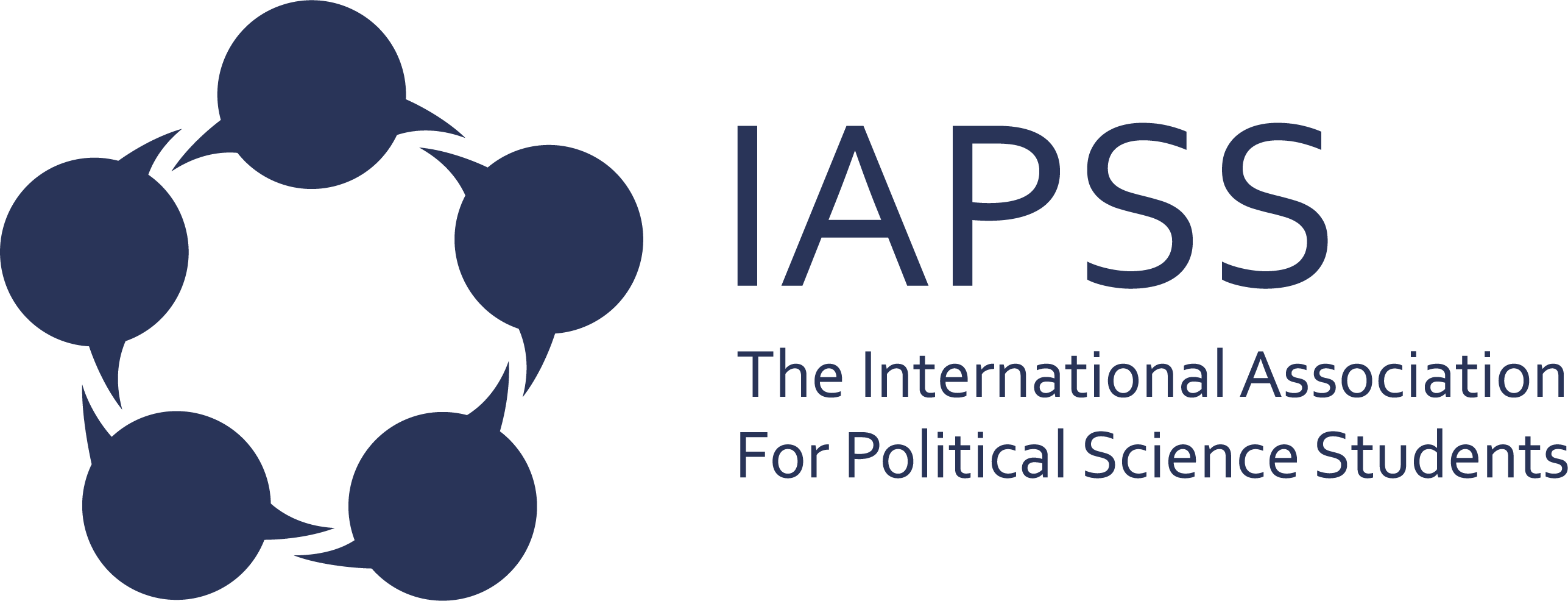British human rights lawyer and Queen’s Counsel Karim Asad Ahmad Khan was elected on 12 February 2021 as the new Chief Prosecutor of the International Criminal Court (ICC) during a contentious elective general assembly of the ICC’s 131 member states, which was that held at the United Nations headquarters in New York (Wintour, 2021). Khan will replace Fatou Bensouda of Gambia when her mandate expires in June. The election of Khan comes at a time when the ICC is facing an existential crisis with a barrage of attacks on its jurisdiction and functioning operations from major powers prominent amongst which islike the United States. The current ICC Chief Prosecutor, Ms. Bensouda, was sanctioned by the Trump Administration in September 2020 for her attempts to investigate allegations of war crimes committed by US troops in Afghanistan. The Biden Administration took the queue recentlyfollowed suit by opposing what it deemed as court overreach after the ICC ruled it was in fact competent to exercise jurisdiction over Palestinian territories by recognizing Palestine as a qualified party to the Rome Statute. In light of these challenges, some may argue that the impotence of the ICC to take on major cases because of contestation of its jurisdiction and the persecution of its prosecutors depicts a paradox where the hunter has become the hunted. More than two decades after the signature of the Rome Statutes, of the ICC the moment seems auspicious for a critical evaluation of the ICC. Has the ICC been effectively play performed its role as the hunter of alleged war criminals and authors of crimes of aggression and crimes against humanity?
Strides made taken so far
Since its inception in July 2002, the ICC has made taken significant strides in goals to put an end to impunity from, and to hold those responsible accountable for war crimes, genocide, crimes against humanity, and crimes of aggression. Given the importance of equipped and fully functional office facilities in the ability of anfor an organization to pursue its activities, one of the fundamental achievements so far has been the upgrading of the ICC’sits operational base at its headquarters in the Netherlands, both in terms of infrastructure and human resources. In 2015, the ICC relocated its headquarters from the two temporal buildings that hosted its operations since birth the beginning to a permanent fully functional purpose-built structure located in The Hague’s International Zone (within close proximity proximity to other key international organizations and structures like Europol, ICTY, Peace Palace and OPCW). The new structure comprises six towers and offers more than 1,200 workplaces and multiple courtrooms. The ICC has four fully functional organs: the Presidency (consisting of the court’s President and two deputies),; the Chambers (Pre-Trial, Trial, and Appeal Divisions),; the Office of the Prosecutor, ; and and the Registry.
In terms of staffing, in 2003 the ICC started with moved from 18 judges ,and its first prosecutor (Luis Moreno-Ocampo as its first prosecutor) , and Bruno Cathala as registrar, and later increased in 2021 to (Bruno Cathala) in 2003 to a staff of over 900 members from about approximately 100 countries across the globe in 2021. In addition to its renovated and ultra-modernmodern headquarters in The Hague, the ICC also operates a liaison office withto the United Nations in New York as well as seven country offices in Uganda, Mali, Democratic Republic of Congo, Georgia, Ivory Coast, and Central African Republic.
Concerning the prosecution of alleged perpetuators of international crimes under the ICC’s jurisdiction, a total of 30 thirty cases has have been brought to the court so far (tilluntil January 2021). In sum, thirty-five35 warrant of arrestarrest warrants haves been issued by ICC judges, to this point which has led to 17 seventeen detentions at the ICC detention centre in The Hague, all of whom have made court appearances; t. hirteen13 indicted persons are still at large. Also, tThe Court’s judges have so far issued nine convictions including; Ahmad Al Faqi Al Mahdi of Ansar Eddine for his role in the destruction of religious and historic buildings in Timbuktu, Mali from June – July 2012, and more recently Dominic Ongwen of the Lord’s Resistance Army, who was y found guilty of 61 crimes including war crimes and crimes against humanity committed in Northern Uganda from July – December 2005; there have also been, and four acquittals including former Ivorian President Laurent Gbagbo and his Youth and Sports Minister, Charles Blé Goudé.
Another key element in the ICC’s endeavour to be a fair and just court, is the independence of the Office of the Prosecutor (OTP), which is the sole organ charged with the responsibility to identify and carry out investigations on crimes that falls within the competence of the ICC. The decision ruling by the current Prosecutor Fatou Bensouda to carry on out preliminary examinations on alleged crimes committed in the Palestinian territory under occupation (which includes East Jerusalem) was crucial to the milestone decision by the ICC Pre-trial Chamber to declare its competence over the aforementioned territories. Prosecutor Ms. Bensouda has also made efforts to expand the Court’ss reach to try alleged crimes committed in several different parts of the world. There are currently 14 fourteen ongoing preliminary examinations that covers alleged crimes committed in countries like Guinea, Nigeria, Columbia, Republic of Korea, Honduras, Ukraine, Bolivia, and Venezuela, amongst others.
Setbacks and Controversies
All is far from being a bed of roses concerning the birth origin and evolution of the ICC. While its advent could be interpreted as a milestone in global efforts for international criminal justice, especially in the area of genocides and war crimes, the absence of two of the world’s biggest powers in the ICC’s creation was noted can be said to have been orphaned at birth with the absence of two of the world’s biggest powers. The United States and China, whichboth of whom were involved in the negotiations of thetowards the Rome Statutes, of the ICC ended up being among the seven countries that rejected its membership.
Another major setback of the ICC is the large number of indicted persons who are still at large, amongst whom are notorious warlords like Joseph Kony and Vincent Otti of the LRA. The inabilityfailure of the ICC to ensure their trial makes one wonder when, or if at all,l justice will will be served for the hundreds of victims that have suffered from for the crimes for which these persons were indicted for. .
In terms of controversy, the ICC has come under sharp criticism from African leaders who accused it of being a neo-colonial institution for unfairly targeting African leaders unfairly. Things got to a head inThe situation reached a critical point in 2017 when African leaders assembledmeetings at an African Union (AU) Summit in Addis Ababa and , adopted a non-binding resolution that demanded the collective withdrawal of AU member states from the ICC (Oneko, 2017). This situationstate of affairs is exacerbated by the refusal of some African states to collaborate with the ICC, athe prominent examples being the rejection by South Africa, Uganda, Egypt and Kenya to arrest and handover then Sudanese President al-Bashir when he visited their territories.
Prospects for international criminal justice
In my view, tThehe fate of international criminal justice under the ICC in my opinion depends more on the actions and commitment of its member states and great powers than in the institution itself. The effectiveness or ability of the ICC predominantly revolves depends on the amount of collaboration it gets receives from the member states on whom it relies, given the fact that state sovereignty still primes reigns in international affairs, even in situations where states have bounded themselves through treaty laws. There is very little the ICC can do in situations where states refuse to arrest and handover indicted persons. The ICC is also vulnerable to the harassment and intimidation of big great powers who can use their hegemonic status to shield its citizens from accountability, as has been demonstrated by the lack of collaboration the ICC has received from the US and China in cases where there was suspected culpability of their government officials or citizens. was alleged.
Conclusion
Ultimately, tThe advent of the ICC was greeted with a lot of euphoria by those who saw it as a panacea to the impunity of perpetuators of genocide, war crimes and crimes against humanity. Despite some significant strides made so far, the ICC is still to adequately satisfy the global thirst for international criminal justice. The institution that was conceived as a hunter against international war criminals has seen herself itself in recent times as being hunted by big power sanctions from great powers or threats from its own members. While there is still much road to cover to ensure the ICC liveseave up to its ideals, its future largely depends on what the members and big great powers will make of it.
Brief Bio of the author
Nguh Nwei Asanga Fon is a PhD candidate at Eastern Mediterranean University (EMU), North Cyprus. He is a researcher with a predilection for African studies, International Political Economy, International Law, and Global Politics. He has two publications in peer review journals: one entitled “An ‘African Justice’: Legal Integration and the Emergence of an African Judicial System” published with Journal of Asian and African Studies (JAAS) and another entitled “Official Bilingualism in Cameroon: An Endangered Policy” published with African Studies Quarterly (ASQ). Fon is a member of the International Association for Political Science Students (IAPSS) and the European Consortium for Political Research (ECPR).


